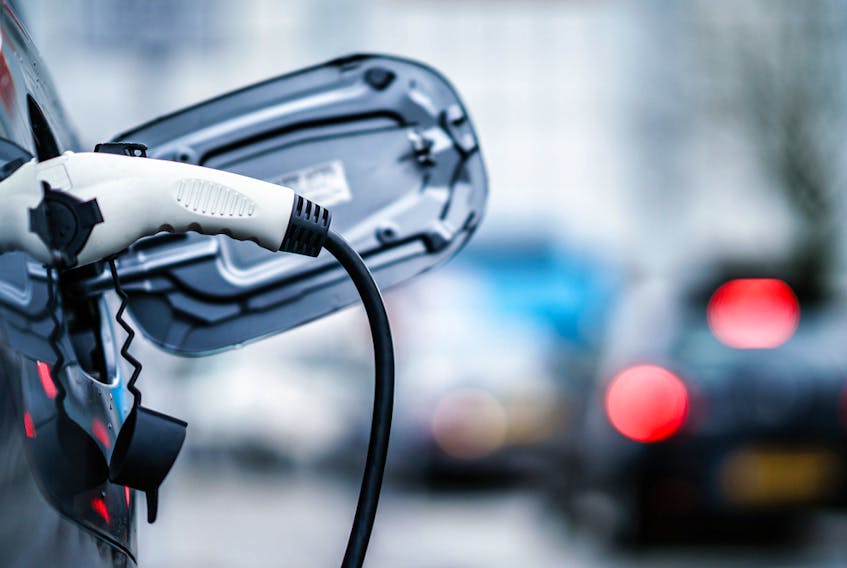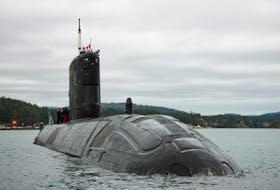In Prince Edward Island, support for energy efficiency measures has existed for more than a decade but recent years have seen the province make significant progress on the energy conservation front. Efficiency P.E.I. was able to expand its suite of efficiency programs in 2018 with support from the Low Carbon Economy Fund, and in 2019 the P.E.I. Energy Corporation filed a successful electricity efficiency and conservation (EE&C) plan with the regulator, taking over regulatory responsibility for energy efficiency from Maritime Electric. In 2020, P.E.I. joined the rest of Canada in rolling out the National Building Code.
These efforts are getting noticed on the national stage.
Each year, Efficiency Canada releases the Provincial Energy Efficiency Scorecard — a transparent, evidence-based assessment of provincial energy efficiency frameworks. This is meant to be an exercise in benchmarking and sharing best practices, and identifying each province’s roadmap toward peak efficiency. The 2020 scorecard was released on Nov. 17 with P.E.I. landing in fifth place overall, receiving the "most improved" ranking and leading the country in per-capita program spending.
The scorecard highlights that P.E.I. has achieved the largest per-capita program spending, narrowly beating Nova Scotia who is a national leader in the energy efficiency space. The scorecard also characterizes P.E.I. as ahead of the curve with regards to their focus on making energy efficiency accessible for low-income households and Indigenous communities. Lastly, P.E.I. received accolades for the cold-climate heat pump demonstrations and electric vehicle charging infrastructure and campaigns managed by Efficiency P.E.I. P.E.I. is now second to Québec in number of chargers available per road kilometre.
This progress is reflective of the inter-governmental alignment on the value of energy efficiency, and the clear vision of P.E.I. policymakers and the public service, led by Efficiency P.E.I. If they can keep it up, P.E.I. stands to become a national leader in energy efficiency while advancing climate change commitments and improving quality of life for Islanders. The scorecard identifies building energy labels and financing opportunities as missing pieces in P.E.I.’s energy efficiency policy toolkit. P.E.I. has an opportunity to compliment it’s new building code with a requirement for energy labels at point-of-sale, and could enable financing for deep energy retrofits through an amendment to the Municipal Government Act to support Property Assessed Clean Energy (PACE).
This is an exciting time for Prince Edward Island. If it can achieve the goal outlined in the 2016/17 Energy Strategy (two per cent of sales for electric and non-electric fuels), the province will likely solidify its lead in programs and achieve parity with leading American states. This is about more than meeting targets or even climate change — the Maritimes have the highest rates of energy poverty in Canada, with 41 per cent of the households in Prince Edward Island experiencing high home energy cost burdens. Continued investment in energy efficiency provides a unique opportunity for P.E.I. to become a leader on the national stage, to advance our climate change goals while simultaneously improving quality of life for Islanders. In a province where housing affordability and climate change are both top-of-mind issues, this is an opportunity that we can’t afford to miss.
Jesse Hitchcock has worked on energy efficiency communications, programs and policy in P.E.I. and Nova Scotia. She is based in Halifax, working with utilities and governments across North America to help them advance energy efficiency and lower their impact.









